‘Russians hold the anti-record for the number of firms selling ‘halal’ certificates’
Main problems facing the halal market in Russia are the growing number of unscrupulous certification bodies and the lack of coordinated government support measures, concluded participants at the first meeting of the All-Russian Halal Industry Association
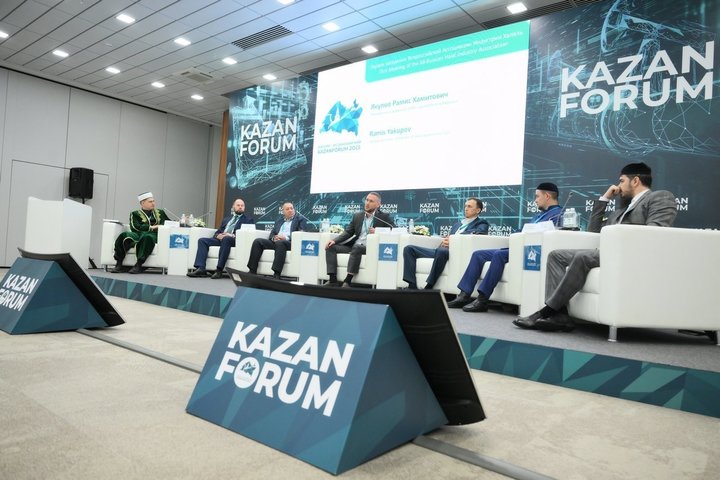
As was revealed at KazanForum, since the beginning of the year, halal product exports from Tatarstan have already exceeded $8 million. By the end of 2024, this figure stood at $14 million, as previously reported by the media. However, the domestic market for Muslim-oriented products — both in the republic and across the country — continues to face a number of challenges. “We, Russians, hold the dubious anti-record for the number of various firms, centres, and committees, often staffed by one and a half people with no Sharia or technical education. Their activities are focused on selling coloured pieces of paper which they call ‘Halal’ certificates,” participants lamented at the first meeting of the All-Russian Halal Industry Association. In turn, businesses called for broader implementation of partnership-based financial tools, including government-backed programmes. More details — in Realnoe Vremya's report.
Tatarstan to export halal products to the Gulf countries and Yemen
On the sidelines of the Russia — Islamic World: KazanForum International Forum, the Halal Standards Committee of the Muslim Spiritual Board of Tatarstan (MSB RT) sought to secure recognition of Tatarstan’s products in foreign markets. According to the organisation’s press service, memorandums on mutual recognition were signed last week with authorised halal certification bodies from Kyrgyzstan, Kazakhstan, and Belarus. Products certified by the Halal Standards Committee of MSB RT will be automatically recognised as permissible in these countries. This will simplify export-import processes between the nations and help establish unified standards for halal product quality.
Additionally, a memorandum of cooperation was signed with the Accreditation Centre of the Gulf countries and Yemen. The parties agreed to exchange expertise, organise joint training and professional development programmes for specialists, collaborate on the development and control of halal production, and promote awareness of halal products among producers and consumers. This is expected to facilitate the entry of Tatarstan’s products into Eastern markets.
At the forum, a ceremonial presentation of the accreditation certificate took place, awarded by one of the international leaders in halal certification — the Department of Islamic Development Malaysia (JAKIM).
“Receiving accreditation from JAKIM is a key milestone in the international recognition of the committee’s halal certification system, opening certified producers’ access to global markets in Southeast Asia and OIC countries,” emphasised the Halal Standards Committee of the Muslim Spiritual Board of Tatarstan (MSB RT).
As was revealed at the session dedicated to forecasts for the development of the halal industry until 2030, it currently demonstrates the following results in the republic:
- The total volume of halal products amounts to approximately 10 billion rubles per year;
- More than 150 enterprises are certified, of which about 20 are exporters;
- In the first four months of the current year, halal product exports exceeded $8 million, mainly consisting of dairy, meat, and confectionery products.
How to create a “halal” filter to weed out dishonest players
However, a number of problems have been observed in the domestic market, representatives of certification bodies and businesses said at the first meeting of the All-Russian Halal Industry Association. Plans to create the new organisation only became known a month ago, when the Halal Standards Committee of the Muslim Spiritual Board of Tatarstan (MSB RT) put forward the initiative in April.
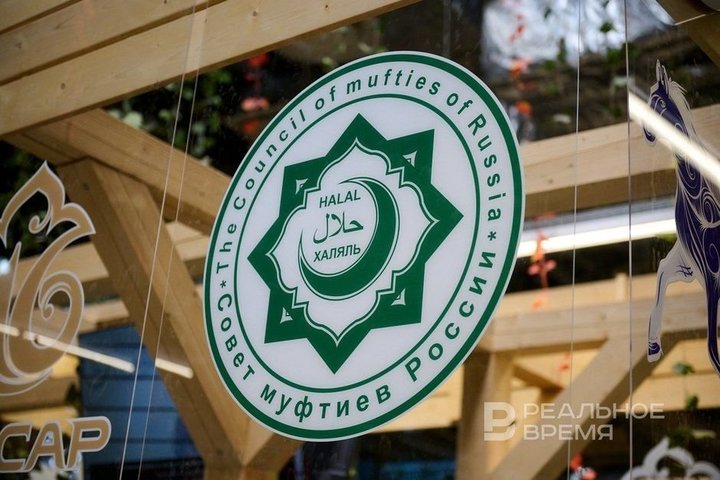
The association plans to develop proposals for improving the market and to bring initiatives to the legislative level. So far, 17 organisations have expressed interest in joining, four of which hold international accreditation.
“There are applications from Siberia — Tyumen, Central and Northern Russia, the Volga region, and the Caucasus,” emphasised Abbas khazrat Shlyaposhnikov, chairman of the Halal Standards Committee of the Muslim Spiritual Board of Tatarstan (MSB RT), in response to a question from Realnoe Vremya.
According to him, the number of organisations issuing certificates of compliance with halal principles in Russia is increasing, despite lacking the necessary expertise. As a result, the market is seeing a growing number of counterfeit products.
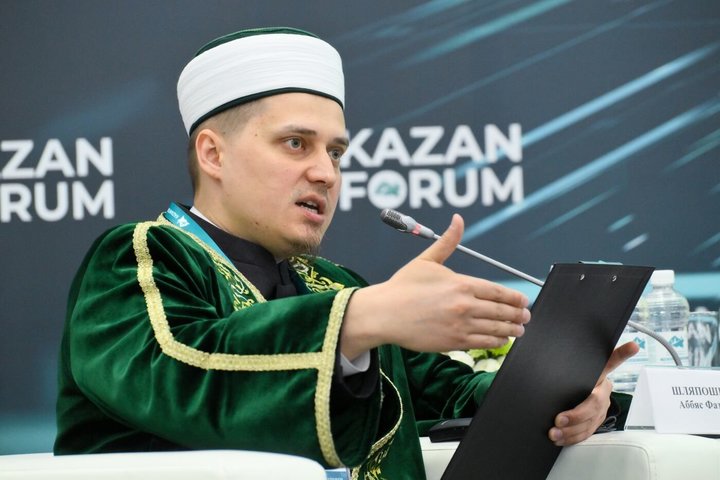
“This platform is important for organisations involved in product evaluation as well as for consumers. Having heard their concerns, [we are ready] to make joint decisions. The platform will also feature enterprises engaged in the production of halal products,” said Abbas khazrat Shlyaposhnikov.
The problem of unscrupulous certifiers is relevant across the entire country, emphasised Aidar khazrat Gazizov, the director general of the International Centre for Halal Standardisation and Certification (ICHS) under the MSB RT.
“We Russians hold a dubious anti-record for the number of various firms, centres, and committees staffed by one and a half people without Sharia or technical education, who have studied for six months at a madrasa. Their activities are aimed at selling coloured pieces of paper which they call ‘Halal’ certificates,” he lamented.
Discussions about unified standards for products permissible for Muslims are also taking place at the international level, asserts Aidar khazrat Gazizov. Saudi Arabia, as the largest importer of halal products, is interested in these discussions and aims to be a leader in the industry as a whole. Russia must be integrated into these processes, the speaker emphasised.
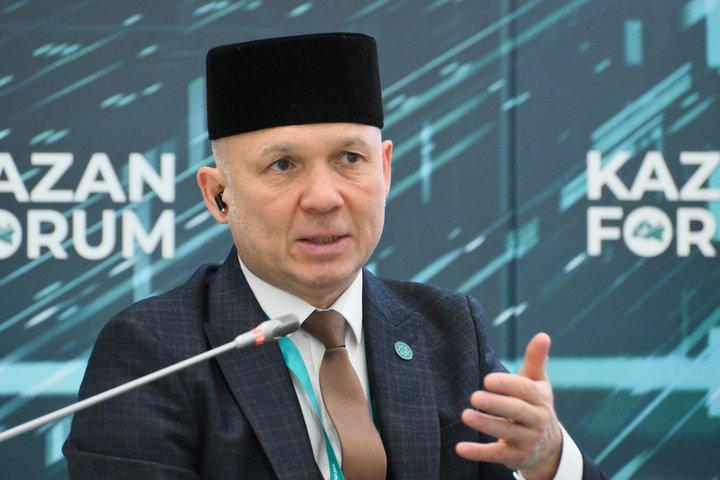
“There is talk of creating a unified logo, a single standard to which we all must adhere. Most importantly, there must be a clear traceability system [tracking the product’s journey from producer to consumer]. In shaa Allah (if God wills, editor’s note), it will be established — from the feed to the household stove,” says the director general of the ICHS.
According to him, the system plans to include information about every expert issuing a “Halal” certificate. Aidar khazrat Gazizov believes that work on creating a similar mechanism in Russia must begin immediately. It could display the name of the certifying organisation, the name of its head, and contact details. “Then we will have a ‘halal’ filter to weed out dishonest players from this market,” he is confident.
Educational work and the training of professional auditors in Russia can be carried out at Islamic institutions with state accreditation. There are four such institutions in the country: the Russian Islamic Institute, the Moscow Islamic Institute, the North Caucasus Islamic University named after Imam Abu Hanifa, and the Russian Islamic University named after Kunta-Haji.
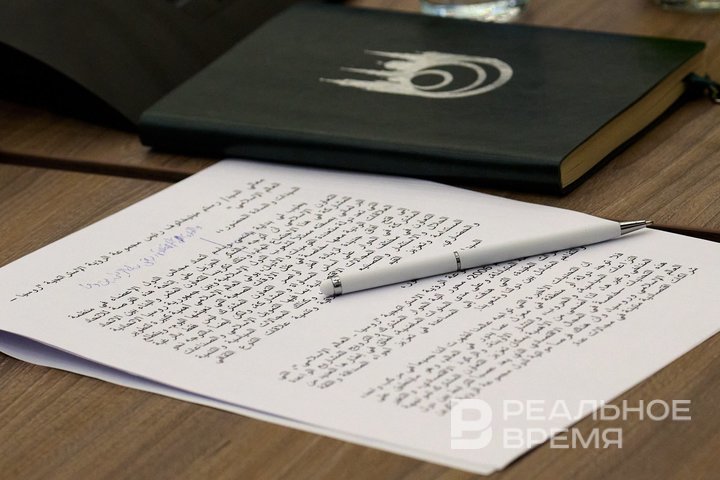
Meanwhile, businesses are forced to “collect” halal certificates from various organisations for different sales channels, lamented Ramis Akhmadullin, the director general of Itle Kitchen PLC. He stated that there are more than 10 different certification systems in the country, and documents from some organisations are not always recognised by others. As a result, the choice of suppliers becomes more complicated. Ramis Akhmadullin sees the solution to the problem in the unification of standards at the federal level, the creation of a single registry of certified suppliers, and mutual recognition of certificates among the largest centres.
Business calls for halal state support and an Increase in the share of non-repayable subsidies
A common problem faced by entrepreneurs building businesses according to Sharia principles is the lack of “halal” state support.
“Today, a major project on partnership finance is being implemented in the country, but unfortunately, state support tools have not been included. Most financial measures for producers, whether concessional loans or even grants, are often based on interest schemes. I recently attended a presentation of the Labour Productivity programme. The conditions are very interesting given the current realities. The programme itself is good, but it provides for concessional loans with interest rates from 3 to 5%,” Ramis Akhmadullin gave this example.
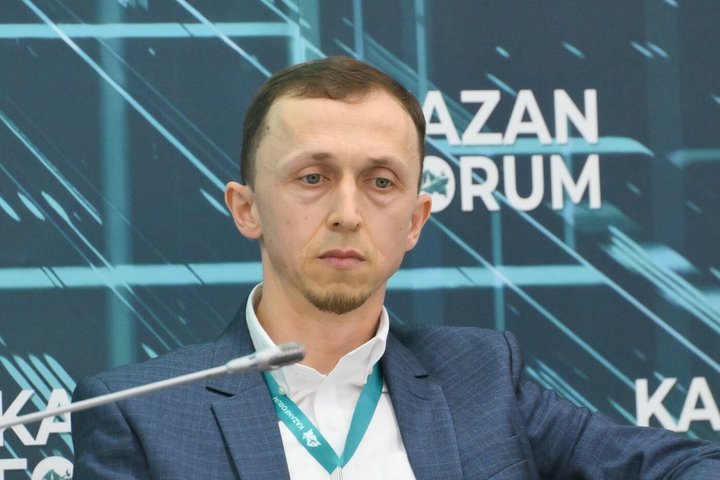
He called for an initiative to promote the wider adoption of partnership financial instruments, including state programmes, and to replace concessional loans with unprecedented loans in pilot programmes by the Ministry of Economic Development, the Ministry of Industry and Trade, and the Ministry of Agriculture.
His proposals also include:
- Increasing the share of non-repayable subsidies for halal producers;
- Allocating separate quotas within national projects for halal (for example, 5-10%);
- Establishing a specialised state fund to finance projects through mechanisms compliant with Sharia principles;
- Certifying financial measures of state support according to halal standards.